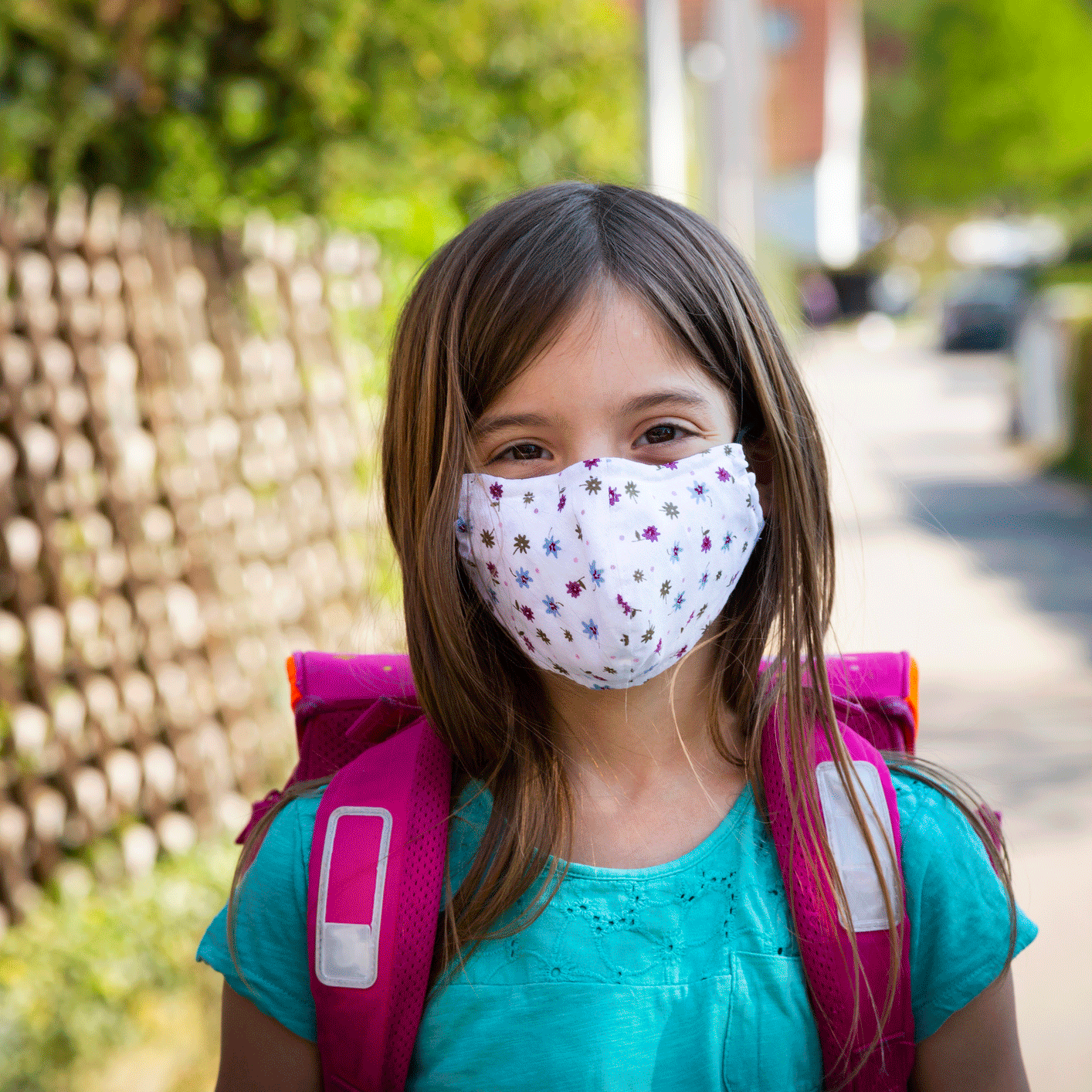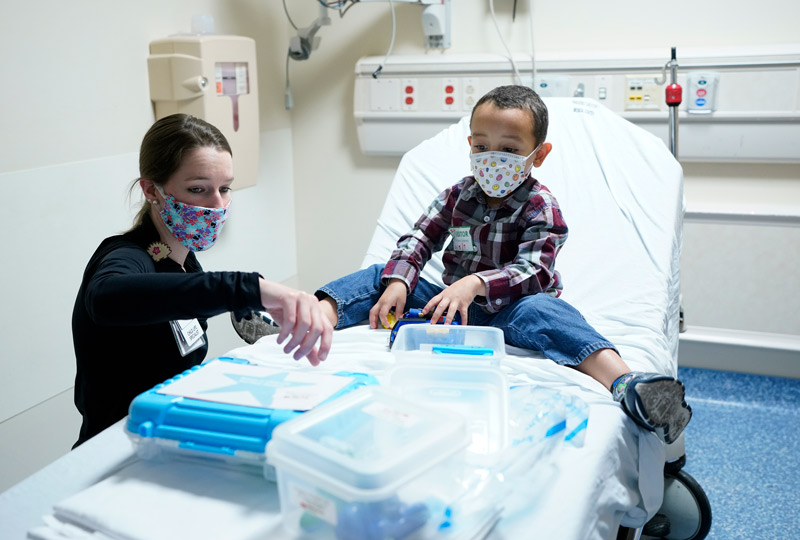Some things are done differently now compared with before the pandemic. Here’s what you can do to help everything go smoothly.
Taking your child or teen to a doctor’s office or clinic visit is important for overall health and wellness. Because the COVID-19 pandemic has changed many parts of once-familiar life activities, even going to the doctor can feel new and a little confusing, especially for children. It isn’t always easy to explain the importance of check-ups and follow-up appointments to young people. There are a few things you can do as a parent or caregiver to help prepare your child for a doctor visit. These visits may be a bit different than in the past because of steps healthcare clinics are taking to reduce the spread of the coronavirus.
First, be prepared. When scheduling the appointment, ask questions about new things to expect before and during the visit, even if changes are not mentioned. Ask “What can I expect will be different about coming to the clinic?” or “Does my child need to do or bring anything with them to the appointment?” Such questions will help you with details. In addition, ask who can come with the child to the visit. Should siblings stay at home? Can more than one adult caregiver come? This can help avoid unwelcome surprises the day of the visit.
Next, talk with your child or teen before the appointment. Describe to your child the steps or sequence of the visit, from when you arrive at the building until you leave. Include details like elevators or stairs you may need to use, staying far apart from others outside your family, and the need to wear a mask and get a temperature check. Practice doing some of these things ahead of time if they will be new for your child. Monroe Carell Jr. Children’s Hospital at Vanderbilt offers downloadable photos of some of the buildings and signs you might see during your visit, to show your child beforehand. If your child is already familiar with some of these experiences from school or going to the library or for a haircut, make the connection to help it feel more normal.
Finally, acknowledge your child’s feelings. Answer questions, even if it’s the fifth time they’re asking them. Use a calm, matter-of-fact tone of voice. Even if your child doesn’t like or is frightened by something, remain calm and remind them that you will be with them. Remind yourself to respond in the way you want to see your child respond. For instance, wear a mask without complaining about it. Thank the person who checks your temperature. Children learn about their world by watching how adults behave. This guide to how COVID-19 affects children may help you understand your child’s risk better. There are things your child’s care team does to protect your family, and things they ask you to do also, to avoid catching or spreading the coronavirus.
There are many things delayed or canceled right now, but your child’s well-being is not. You can help prepare your child for a doctor visit & learn to adjust to new changes.

This post was written by Katherine L. Bennett, MEd, CCLS, who has worked as a Certified Child Life Specialist for 19 years at Monroe Carell, Jr. Children’s Hospital at Vanderbilt. She has worked clinically with children and teens across the age span and is currently the educator for Child Life & Volunteer Services, supporting the training of clinical students and the professional development of the multi-disciplinary team regarding the developmental and psychosocial needs of children and families in health care settings.

Staying Safe is Essential. So is Your Child’s Care.
Monroe Carell Jr. Children’s Hospital at Vanderbilt is taking a careful approach to help keep your child and family safe, along with team members. Safety actions follow recommendations by the Centers for Disease Control and Prevention and other trusted experts.
COVID-19 is not the only threat to your child’s health and well-being. Many illnesses and conditions can cause serious problems. Good preventative care and early treatment can save lives. Please don’t delay important healthcare for your child — including all-important immunizations.

